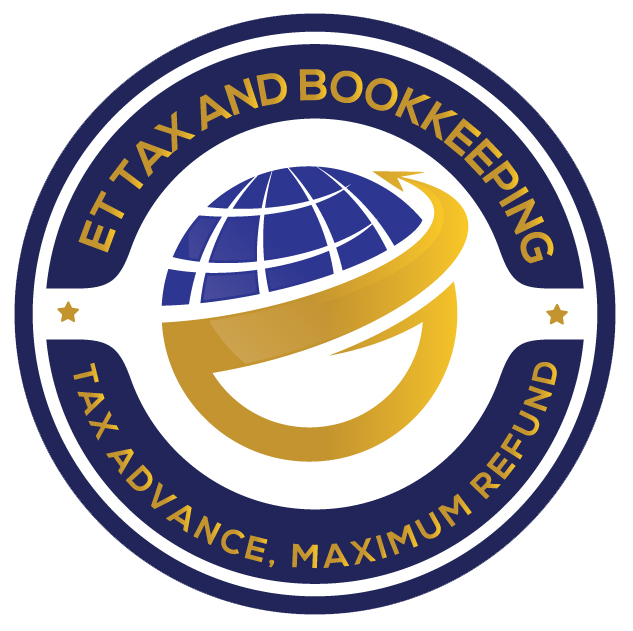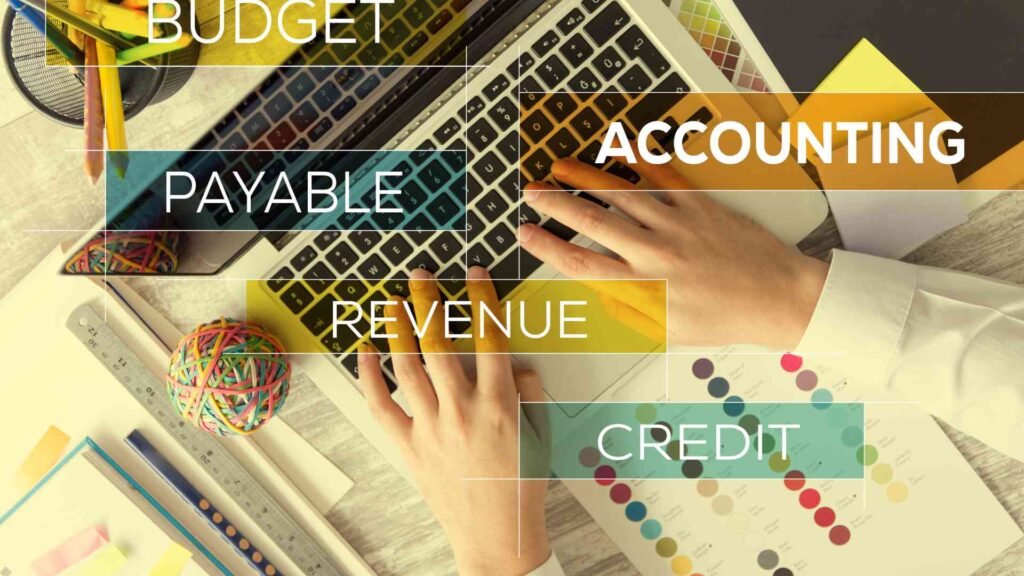A Practical Guide to Freelancer Accounting.
Being a freelancer offers many advantages such as flexibility and autonomy, but managing finances and accounting can be complex. To thrive in freelancing, it’s crucial to have a solid grasp of basic accounting principles. Here’s a comprehensive guide to help you navigate the world of freelancer accounting effectively:
1. Separate Personal and Business Finances
Start by opening a dedicated business bank account. Keeping personal and business finances separate not only simplifies tracking income and expenses but also ensures clarity and accuracy when preparing financial statements and filing taxes.
2. Track Income and Expenses
Detailed record-keeping is essential for freelance success. Keep track of all financial transactions related to your freelance work, including invoices issued, payments received, and business expenses incurred. Utilizing accounting software such as QuickBooks or FreshBooks can streamline this process, providing you with real-time insights into your financial health.
3. Understand Tax Obligations
As a freelancer, you are responsible for managing your own taxes. Familiarize yourself with tax laws applicable to freelancers in your region, including income tax rates, deductions, and filing deadlines. Setting aside a portion of your income regularly for taxes helps prevent financial strain during tax season.
4. Invoice Promptly and Professionally
Timely and professional invoicing is crucial for maintaining a steady cash flow. Clearly outline your services, rates, payment terms, and due dates on each invoice. Utilizing professional invoice templates not only enhances your credibility with clients but also helps you get paid faster.
5. Monitor Cash Flow
Effective cash flow management is vital for the financial stability of your freelance business. Regularly monitor your incoming and outgoing funds to ensure you have enough liquidity to cover expenses and investments. This proactive approach allows you to identify potential cash flow gaps and take necessary actions to mitigate them.
6. Plan for the Future
Freelancing comes with income variability, making it essential to plan ahead. Establishing an emergency fund can provide a financial safety net during lean periods or unexpected expenses. Additionally, consider investing in retirement plans or other long-term savings vehicles to secure your financial future.
7. Consult with Professionals
When faced with complex tax issues or financial decisions, don’t hesitate to seek guidance from qualified accountants or financial advisors. They can provide personalized advice based on your specific situation, ensuring compliance with tax regulations and maximizing financial efficiency.
8. Stay Organized and Consistent
Consistency is key to effective freelance accounting. Schedule regular times to update your financial records, reconcile accounts, and review your financial performance. This disciplined approach not only keeps you organized but also allows you to make informed decisions for the growth and success of your freelance business.
Conclusion:
Mastering freelance accounting requires diligence and proactive financial management. By implementing these comprehensive strategies and staying informed about best practices, you can build a strong foundation for your freelance career. Effective financial management not only ensures compliance with tax regulations but also supports business growth and long-term sustainability in the competitive freelance landscape.








